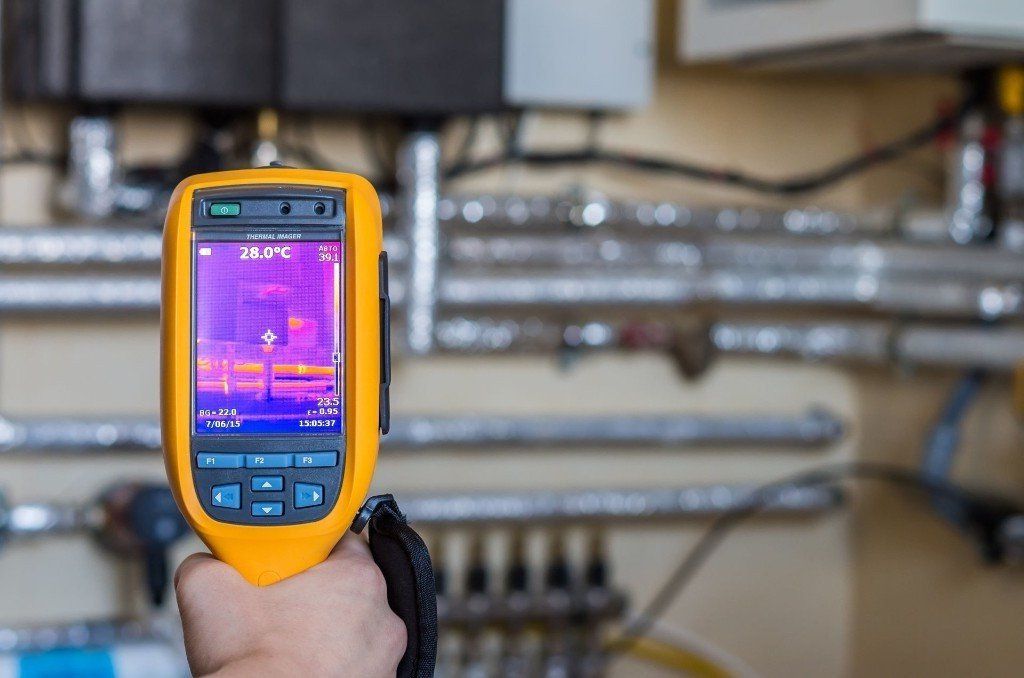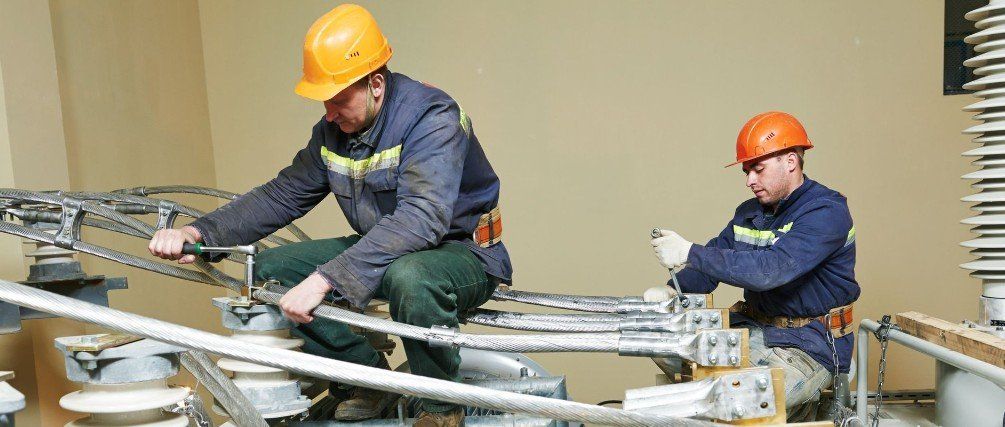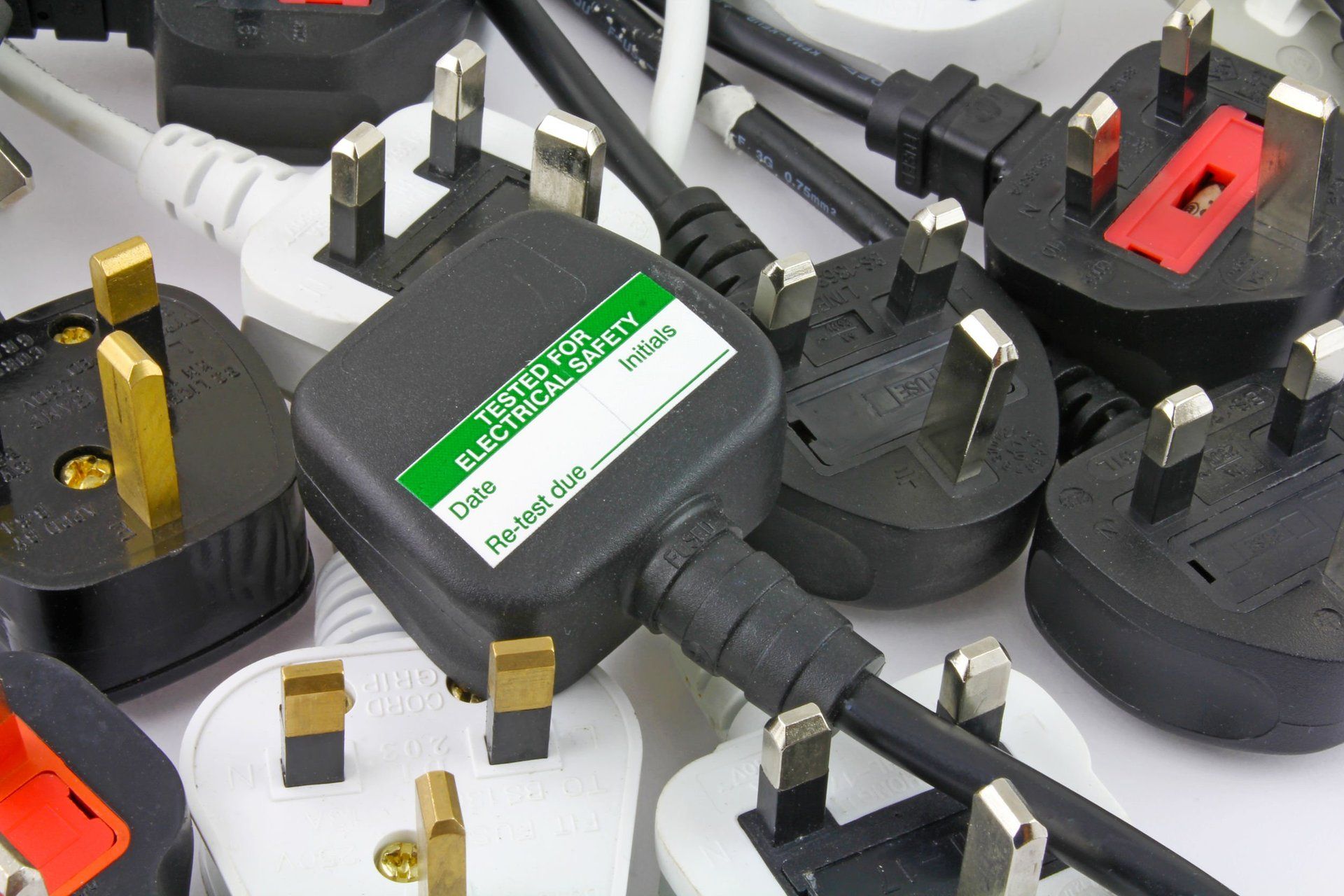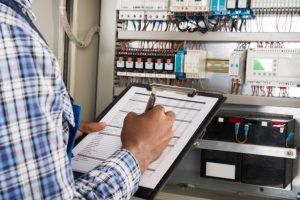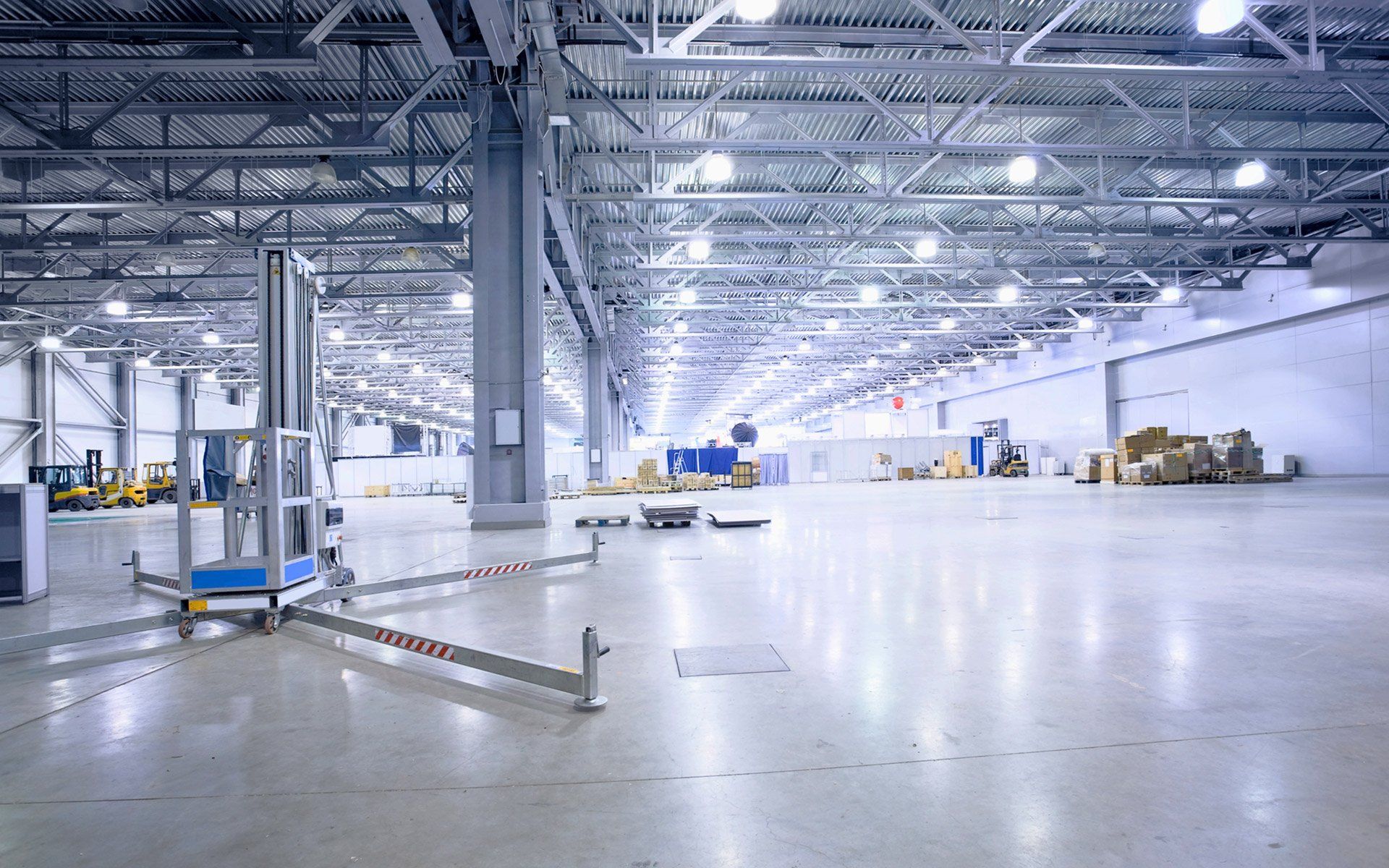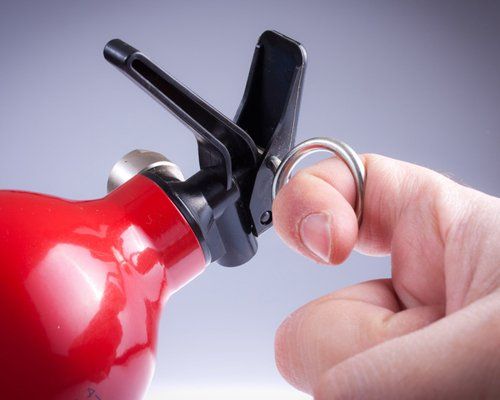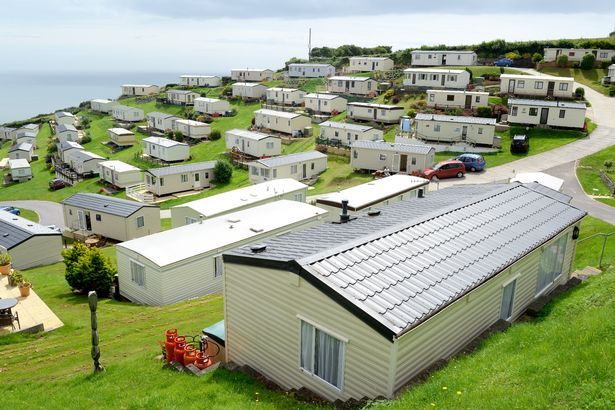Commercial Electrical Compliance
Looking for a reliable, customer friendly, trusted service?
Why is an Electrical Compliance Inspection required?
Electricity, just like water and gas, can leak. This leakage current is potentially dangerous as it can flow through you when you touch the leaking appliance. The earth leakage relay is designed to monitor for leakage current going directly or indirectly to earth and if it exceeds a certain value it will trip and disconnect the current flow. This is why it is so important that all circuits are properly earthed to ensure that the earth leakage relay would operate in an emergency.
The responsibility has been placed on the owner to ensure that a faulty or non-compliant hard wired installations in his / her property does not pose a threat through fire or electrocution to any person, animal or property. Without a valid compliance certificate, should an injury or incident occur, the owner could be held liable and the insurance on the property could be declared invalid?
EMERGENCY LIGHT TESTING FROM £200
An EICR should contain:
- Your business details and the details of the inspection
- Any limitations of the inspection – e.g. Were there areas of the system that were inaccessible?
- Details about the type of system and components in use
- A list of all the tests carried out and their results
- A summary of the condition of the system
- Detailed observations and recommendations for required actions
- Signature of the contractor completing the tests
The approved contractor will check the the installation against the requirements of BS7671 –IEE Wiring Regulations – as amended, which is the national safety standard and contains around 850 Regulations.
The test and inspection will take into account all relevant circumstances including the following factors:
- Adequacy of earthing and bonding
- Suitability of the switchgear and control gear e.g. consumer unit e.g. an old fuse box with a wooden back, cast iron switches, a haphazard mixture of such equipment is likely to need replacing
- Serviceability of equipment e.g. switches, socket-outlets and light fittings e.g. older round pin sockets, round light switches and braided flex hanging from ceiling roses to light fittings, black switches, sockets mounted in skirting boards may require replacing.
Our reports include:
- Full Test Report (EICR)
- NAPIT Certificate
- Circuit Charts
- Defects List (Rated C1 – Critical/Urgent to C3 – Requires Improvement)
- Remedial Works Required.
- Associated Costs for Remedial Works which you can compare against other quotations.
A fixed wire test involves the testing of all hard wired installations which conduct electricity around a building. Once the test has been completed, you will receive a formal legal report which is known as a EICR. We guarantee to deliver your report within 5 working days of being on site.
The EICR will indicate if your installation is either unsatisfactory or satisfactory. Generally if your report shows to be unsatisfactory you will have been given a list of faults labelled C1, C2, C3 or FI. For further information on these fault codes, please follow the link below.

TEST
An experienced and qualified electrician will conduct a visual and live inspection upon each circuit. All findings will be recorded.

REPORT
5 working days after inspection you will receive your EICR (report) list any faults which will require correcting.

CORRECTIVE WORKS
CSE will automatically create you a quotation for any corrective works, meaning you can book in immediately.
Fast Service
Next day Commercial 5 year EICR test Service
Competitive Rates
Commercial EICR testing inspections from £6.00 per circuit
Quick Turnaround
Receive a satisfactory report within 5 workings days
-
What is Fixed Wire Testing?
A fixed wire test is also known as periodic testing refers involves the testing of the electrical installation. The systems that conduct electricity around the building.
This is the electrical system between the incoming main supply and final circuits; eg plug sockets, isolators, lights etc.
It would not refer to equipment that is plugged in or wired into spurred sockets or isolators. Please refer to our Fixed Equipment Testing for more information.
This type of Inspection & Testing can also be generally referred to as; Periodic Inspection and Testing,.
Although on average an installation condition report (EICR) is a 5-year mandatory requirement for any organisation, most of our customers complete a 20% test each year in order to spread the cost and keep on top of remedial repairs.
-
Is it a legal requirement?
The Health and Safety at Work Act 1974 is an act of parliament that places a duty on all employers to; ensure, so far as is reasonably practicable, the health and safety and welfare at work of all their employees.
Within the act, there is a provision for regulations that cover the legal requirement pertaining to specific subject areas and The Electricity at Work Regulations 1989 covers electrical systems within occupied premises. The regulations make reference to various standard codes of practice (ACOP), British Standards and guidance notes which have been published by bodies other than the Health and Safety Executive. These provide best practice guidance for complying with the regulations. For Fixed Wiring Inspection & Testing these include;
British Standard BS7671 – Requirements for IET Wiring Regulations
IET Inspection & Testing Guidance Note 3
HSE Electricity at Work – Safe working Practices
HSE memorandum of guidance on the Electricity at Work Regulations 1989
The Electricity at Work Regulations 1989 section 3a states that an employer or self-employed person is to comply with the provisions of these regulations in so far as they relate to matters which are within his/her control. It’s also worth noting that regulation 3 (2a) states that it is a duty of every employee, whilst at work, to cooperate with his/her employer so far as is necessary to enable any duty placed on an employer by the provisions of these regulations to be complied with.
The Electricity at work regulations 1989 impose duties on “employers” and “duty holders” with respect to hard-wired installations systems, equipment and conductors.
The purpose of the regulations is to prevent death or personal injury to any person from electrical causes in connection with work activities.
Employers and self-employed people must comply with the provisions of the Electricity at work regulations 1989. Regulation 4 (2) states that as necessary to prevent danger, all systems shall be maintained so as to prevent, so far as reasonably practicable, such danger.
A duty holder can demonstrate compliance with the regulations, with respect to their electrical installation, by employing a competent company to carry out a fixed wire inspection and test of their premises.
-
How often should we carry out this test?
The maximum period for testing is 1-5 years or when change of occupancy occurs. Below is a table with the types of installations we test as well as the recommended routine check period and maximum period.
Educational Buildings - 5 years
Hospitals - 5 years
Shops - 5 years
Churches - 3 years
Public Entertainment - 3 years
Swimming Pools - 1 year
Offices - 5 years
Industrial - 3 years
-
Legal Obligation
According to the Health & Safety at Work Act, business owners have a Duty of Care to ensure the safety of anyone using the work premises. Assessing electrical risks is an essential part of meeting legal standards; having a testing service acts as a safety net and will prove your compliance if any accidents occur.
Request a Quote
Contact Us
We will get back to you as soon as possible.
Please try again later.


